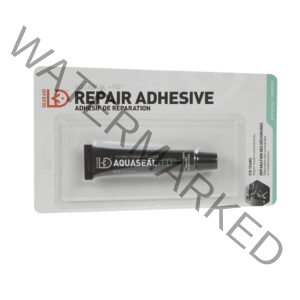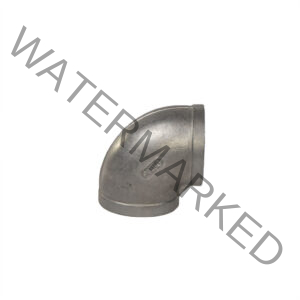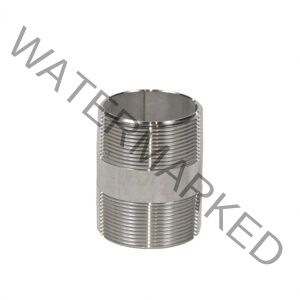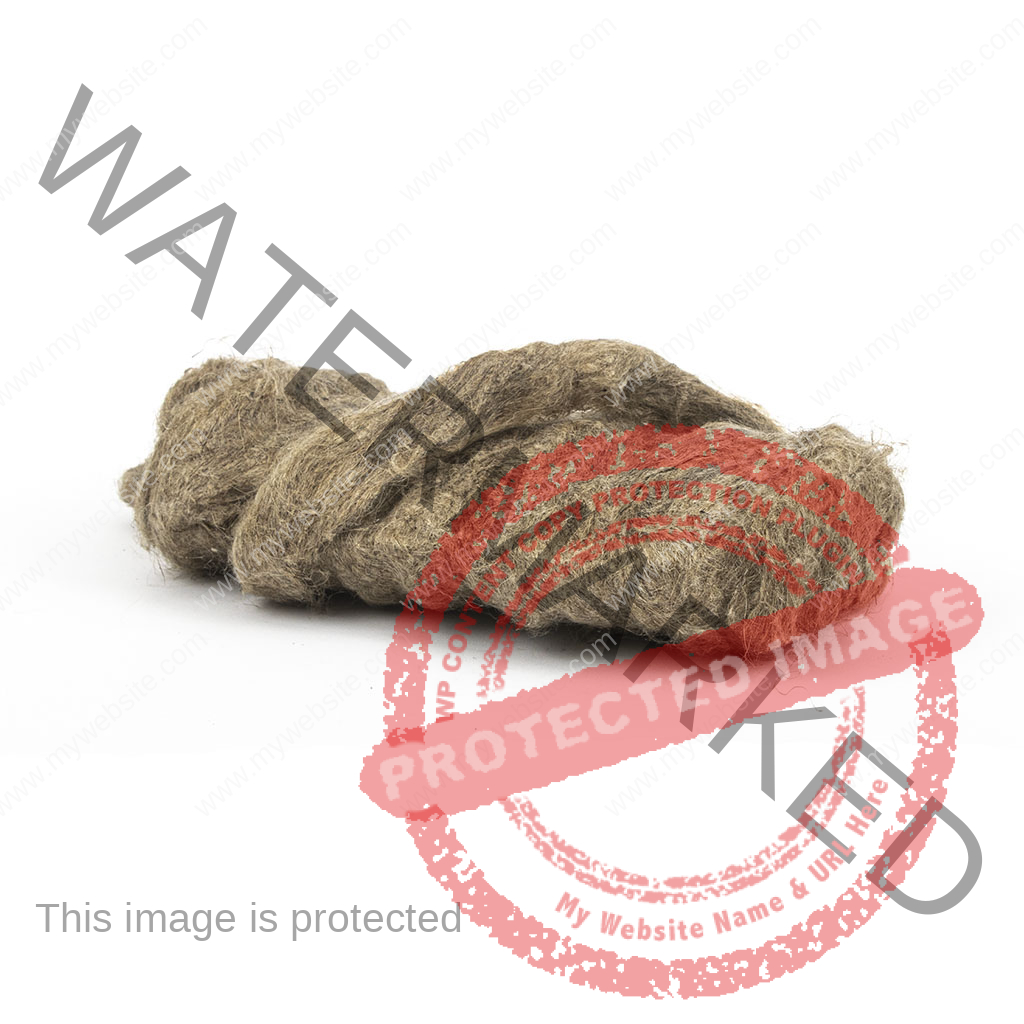TARRED OAKUM
25.99$
TARRED OAKUM
Tow (from the Latin stuppa,-ae (f)) is a non-woven fibrous by-product mainly from hemp or flax processing.
This by-product has long been used:
In wooden boat construction, tarred oakum has long been used to seal the gaps between planks to make the boat watertight, known as caulking. The name of stuffing box has remained for a variety of systems intended to ensure the watertightness as well as a minimum of mechanical resistance to any cable, tube, passing through a watertight partition or not;
It was used for the manufacture of rifle fuses, hence the probable origin of the name “étoupille” given to the modern firework intended to ignite artillery ammunition, pyrotechnic articles or solid fuel rockets;
It seems to be used in the techniques of fire production by fixing the sparks produced by various techniques (friction, percussion, flint, percussion lighters, …) to light the fuel. It is an alternative to tinder;
A piece of oakum is burned while pronouncing these words during the coronation of the pope: Sic transit gloria mundi.
It is still used as a seal in plumbing and mechanical stuffing boxes.
Marine gland
Sold per pound
Caulking tools with oakum
The marine oakum could consist of1:
hemp left on the comb (in English tow);
lint taken from old ropes that are separated into strands to make a second kind of oakum.
When the stripped ropes have been tarred, the resulting oakum is called tarred oakum, otherwise it is called white oakum. This is used to make mattresses, railings for ships, etc.. The black oakum is rolled in cords of 2 inches in circumference to be used to caulk the ships, it is also called turned or spun oakum.
It is said that a vessel spits out its oakum when it is driven out of the space it used to fill in the gap between its planks by the effect of the great rolling and pitching movements. The water then easily enters the interior of the vessel and threatens it in a more or less important way.
23 in stock
Related products
-
 12.99$
12.99$
-
 3.75$ – 129.99$
This product has multiple variants. The options may be chosen on the product page
3.75$ – 129.99$
This product has multiple variants. The options may be chosen on the product page
-
 2.25$ – 20.99$
This product has multiple variants. The options may be chosen on the product page
2.25$ – 20.99$
This product has multiple variants. The options may be chosen on the product page
-
 16.99$ – 257.99$
This product has multiple variants. The options may be chosen on the product page
16.99$ – 257.99$
This product has multiple variants. The options may be chosen on the product page

